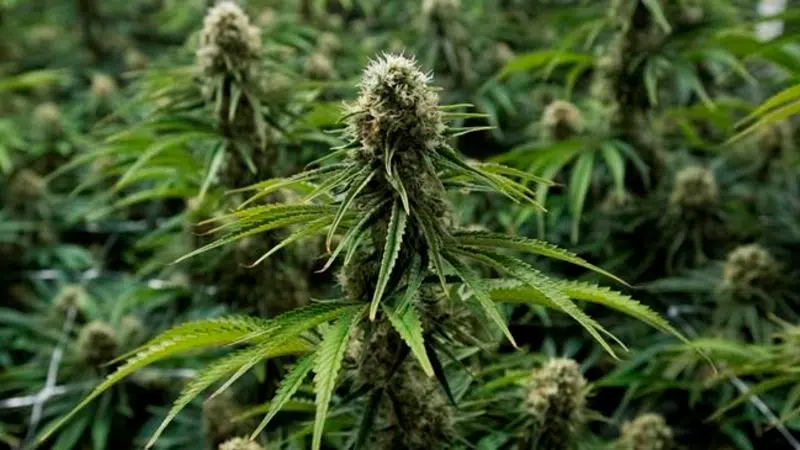
Conference looks at how First Nations can be involved in marijuana industry
VANCOUVER — The cannabis industry is seen by some First Nations as an opportunity to take the initiative and get out of poverty, says the regional chief of the B.C. Assembly of First Nations.
Cultivating, buying or selling cannabis could provide economic support to those First Nations devastated by a downturn in the province’s forest industry, Terry Teegee said Wednesday at a summit on cannabis held by the Assembly of First Nations.
“A lot of the communities are tired of living in poverty,” he said.
“It’s an opportunity for your community to assert your jurisdiction, assert your self-determination. We want to be a part of the community.”


